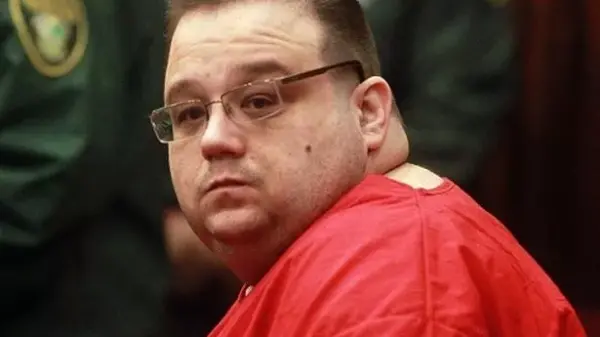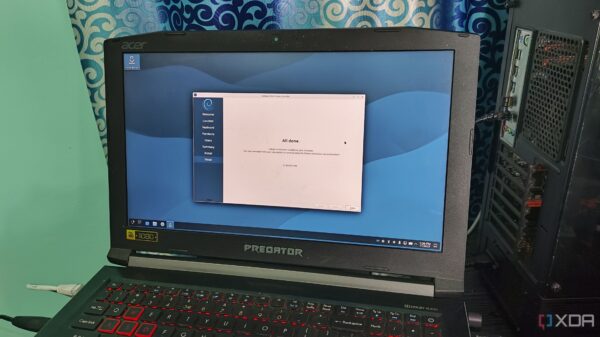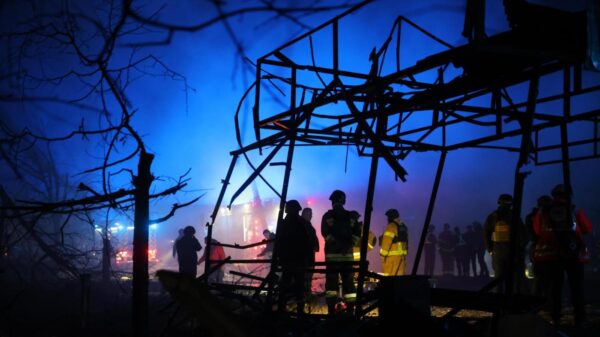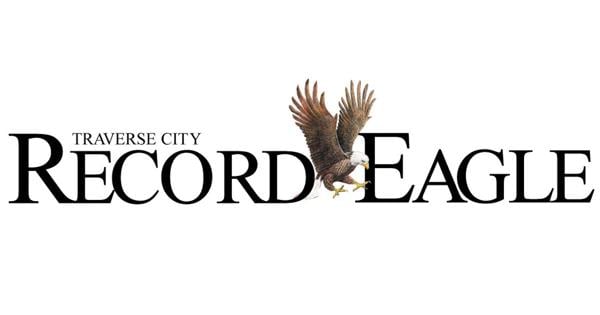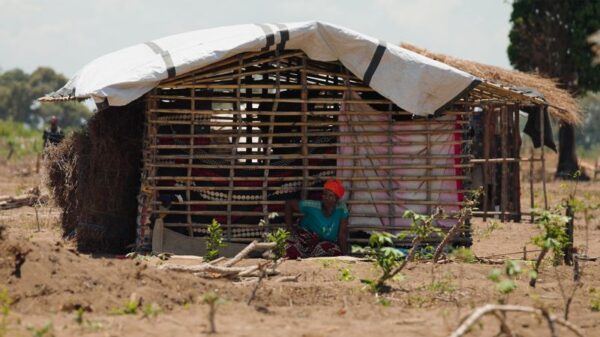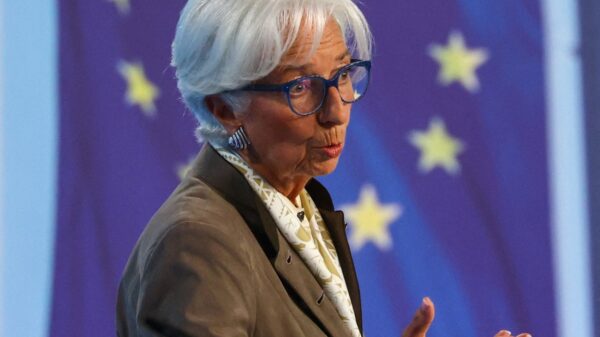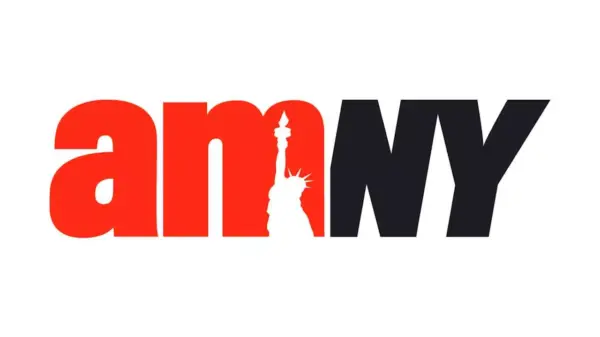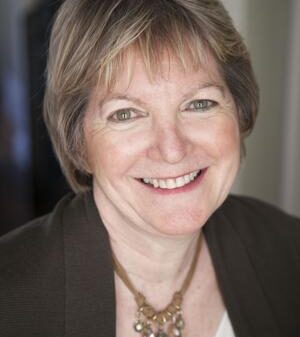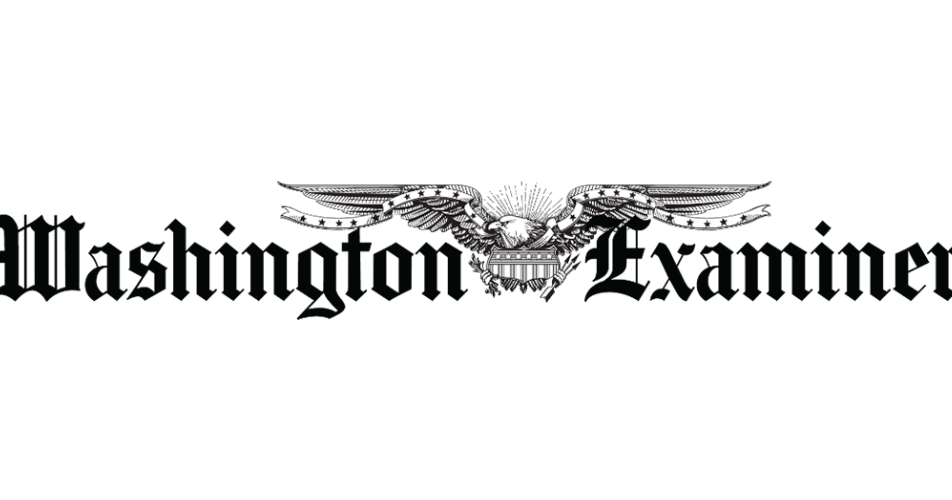The U.S. Senate is set to conduct a confirmation hearing for Mike Waltz, President Donald Trump’s nominee for the position of U.S. ambassador to the United Nations. This hearing, scheduled for Tuesday, comes over two months after Waltz was nominated and follows significant controversy surrounding his previous role as national security adviser.
Waltz faces scrutiny from Senate Democrats, particularly regarding the Signalgate scandal, which resulted in his removal from his advisory position. The incident occurred when he inadvertently included a reporter in a group chat that contained sensitive military information. This hearing will be the first opportunity for members of the Foreign Affairs Committee to question Waltz about this national security breach and assess his suitability for a Cabinet role.
Senator Chris Coons (D-DE) expressed anticipation that Waltz will face repeated inquiries about the incident. “I expect he will be asked that many times,” Coons remarked. In contrast, Senate Republicans, including Rick Scott (R-FL), believe that Waltz will manage the questioning effectively. Scott stated, “Be honest, it’s easier. Or you don’t have to remember what you said.”
Jim Risch (R-ID), the committee’s chairman, refrained from commenting on the matter. With a Republican majority of 53-47, the party will not require Democratic support to confirm Waltz, who is not expected to encounter significant obstacles during the process.
Beyond the Signalgate issue, Democrats plan to address a range of topics pertinent to Waltz’s potential role. Questions regarding the Trump administration’s proposed cuts to foreign aid and its stance on U.S. support for the United Nations and Ukraine are likely to arise. These subjects are especially critical in light of ongoing tensions between Ukraine and Russia and the U.S. commitment to international alliances.
Democrats have expressed concerns that recent actions by the Trump administration jeopardize America’s standing in the international community. Trump has previously criticized U.S. funding for the U.N. and its affiliated organizations, arguing that it does not reflect a fair contribution compared to other countries.
Senator Tammy Duckworth (D-IL) highlighted the urgency of discussing funding reductions for the global AIDS program PEPFAR, which Trump seeks to cut by $400 million from its $6 billion budget. Duckworth emphasized the potential risks to American interests abroad, stating, “Those and other foreign aid cuts are going to threaten American interests abroad and also put Americans in jeopardy.”
Jeanne Shaheen (D-NH), the top Democrat on the committee, indicated her intention to ask about U.S. support for both the U.N. and Ukraine. Coons also noted that discussions will likely focus on U.S. strategies to address challenges posed by China, Waltz’s prior record as national security adviser, and how he envisions promoting American values internationally.
Waltz’s nomination follows a prior attempt to appoint Elise Stefanik (R-NY) to the ambassador position. Trump withdrew her nomination in March due to concerns about a lengthy replacement process in a New York district where Republicans hold limited influence. Stefanik has hinted at a gubernatorial run against Kathy Hochul (D-NY) in the 2026 elections, although she has not formally announced her candidacy.
Alongside Waltz, two additional ambassador nominees will testify during the hearing: John Arrigo for the U.S. ambassador to Portugal and Christine Toretti for the U.S. ambassador to Sweden. As the Senate prepares for this significant hearing, the outcome remains crucial for the Trump administration’s foreign policy direction and its approach to international relations.





